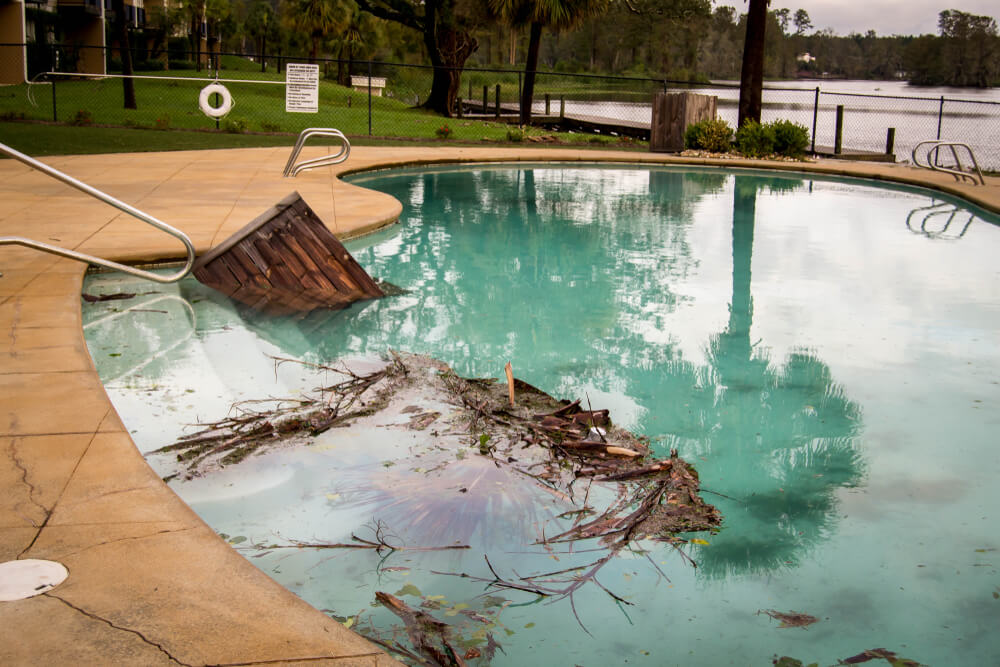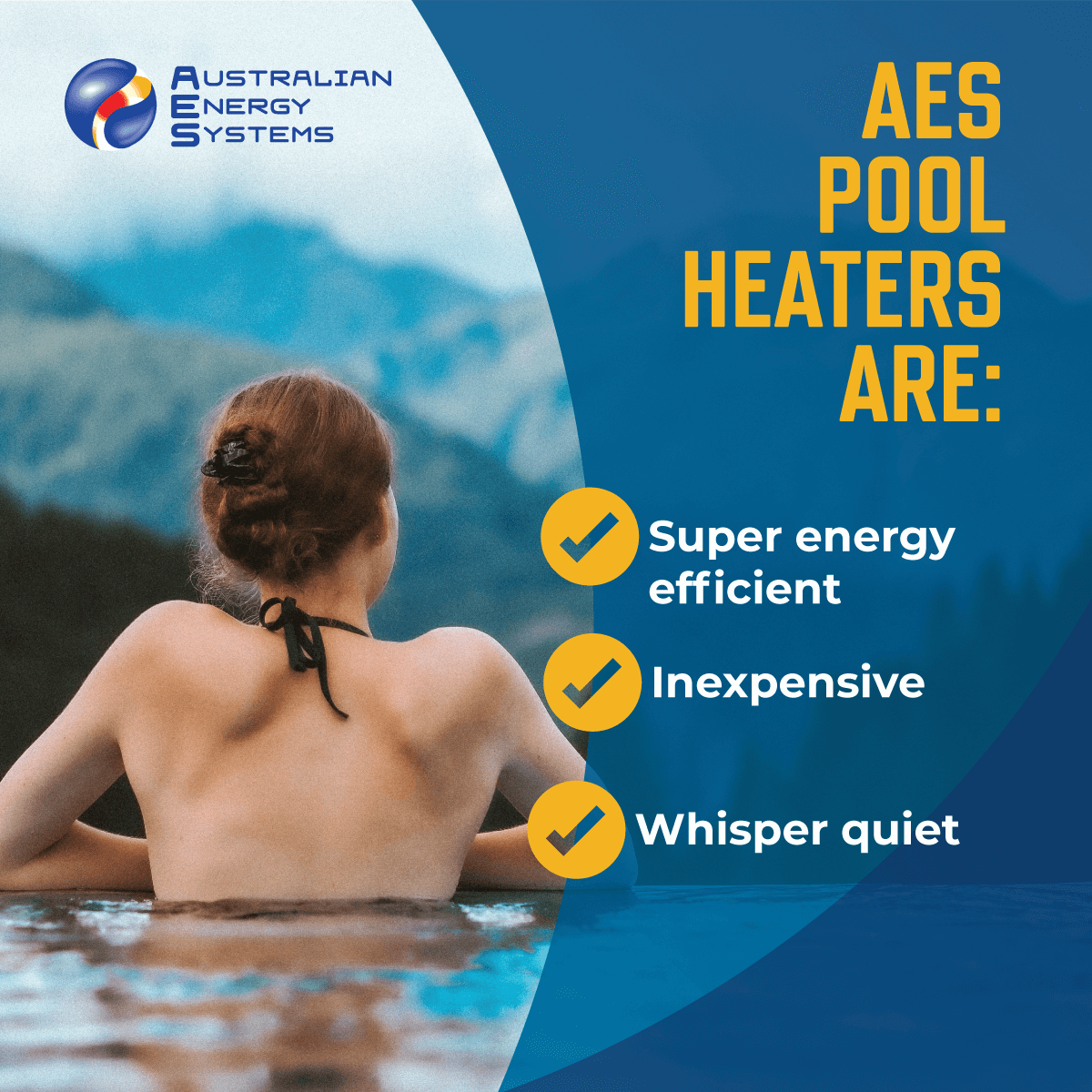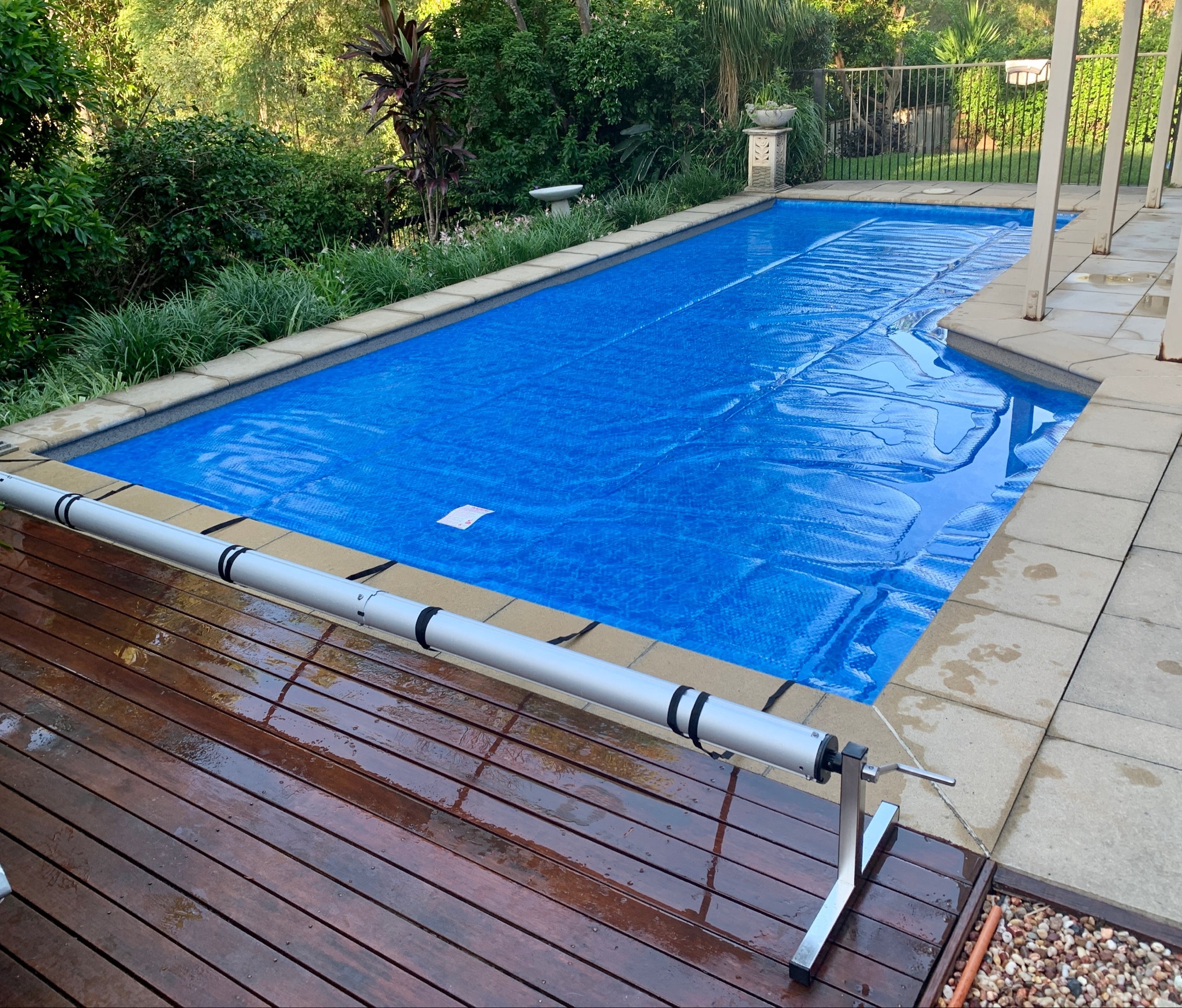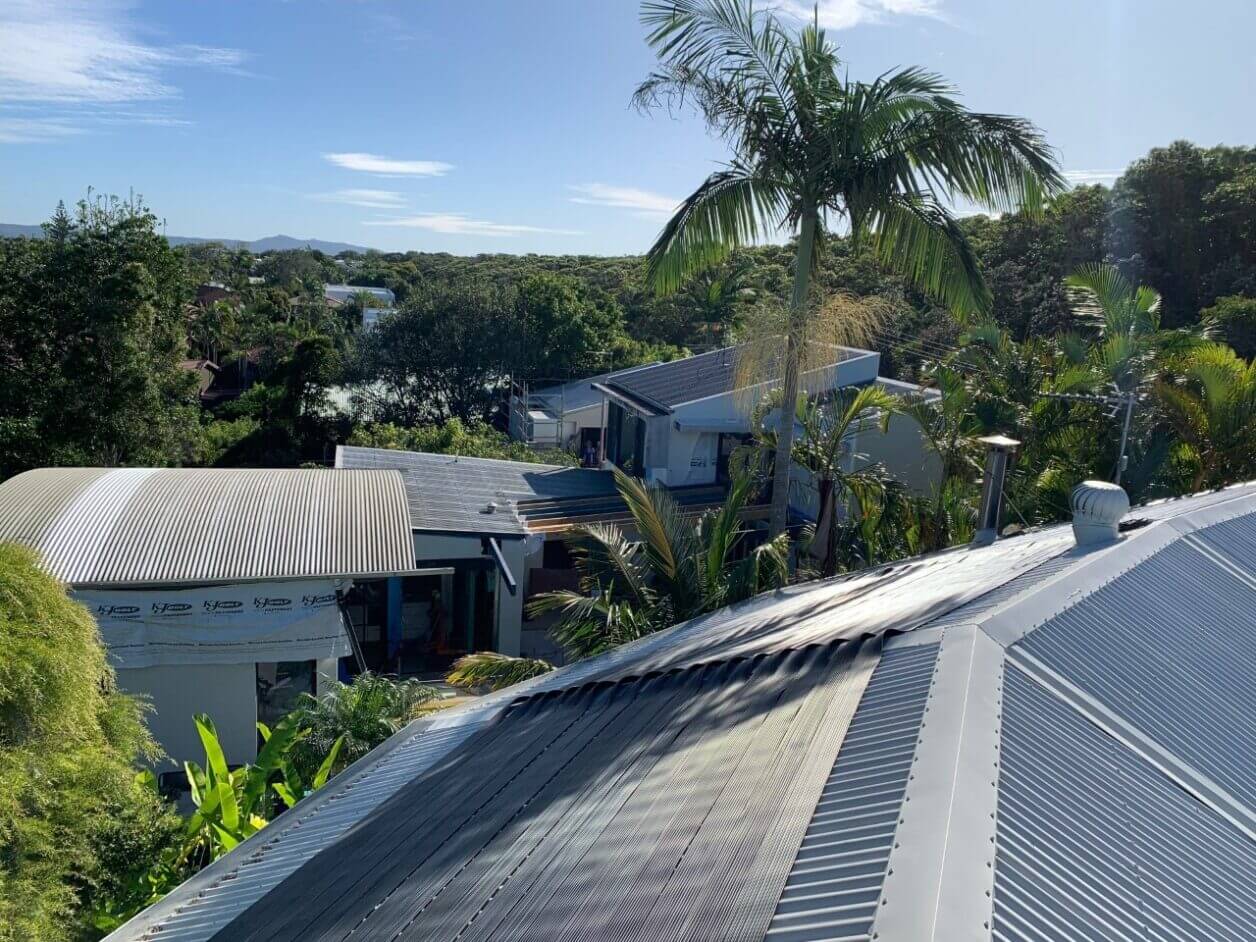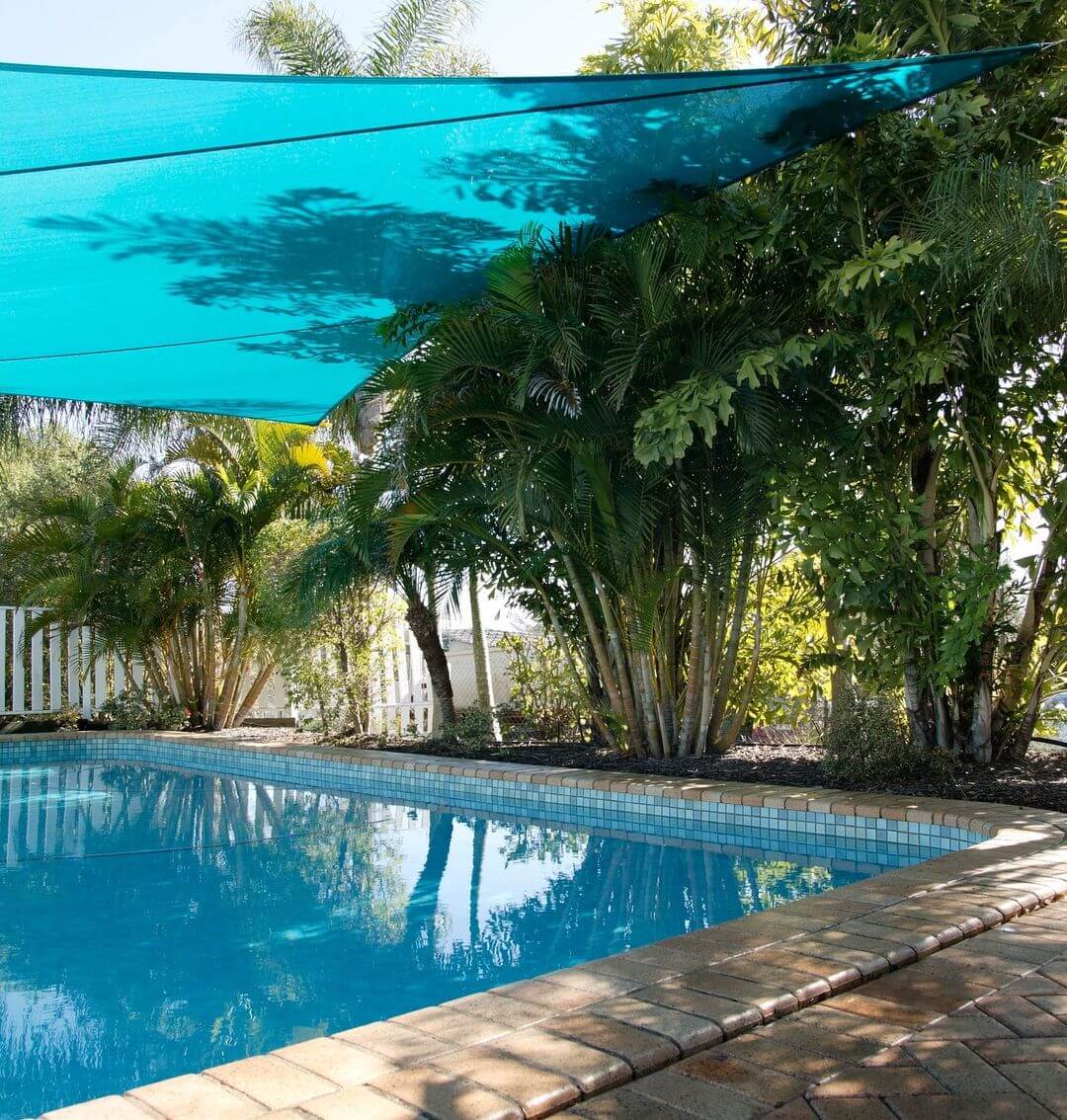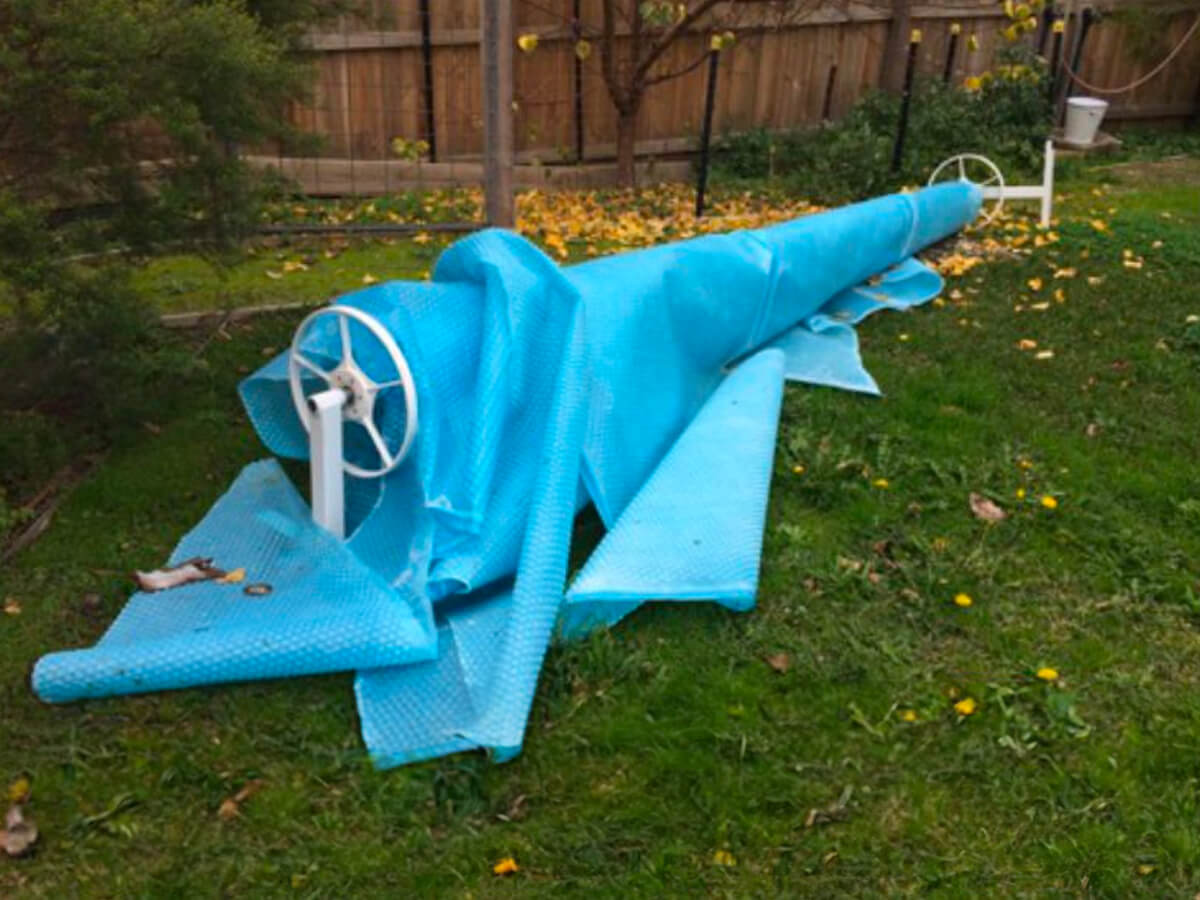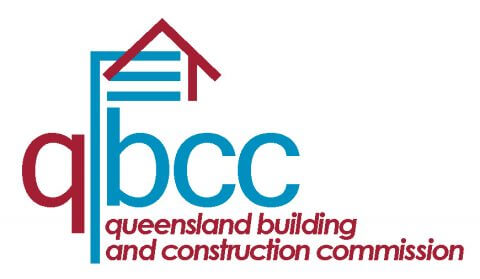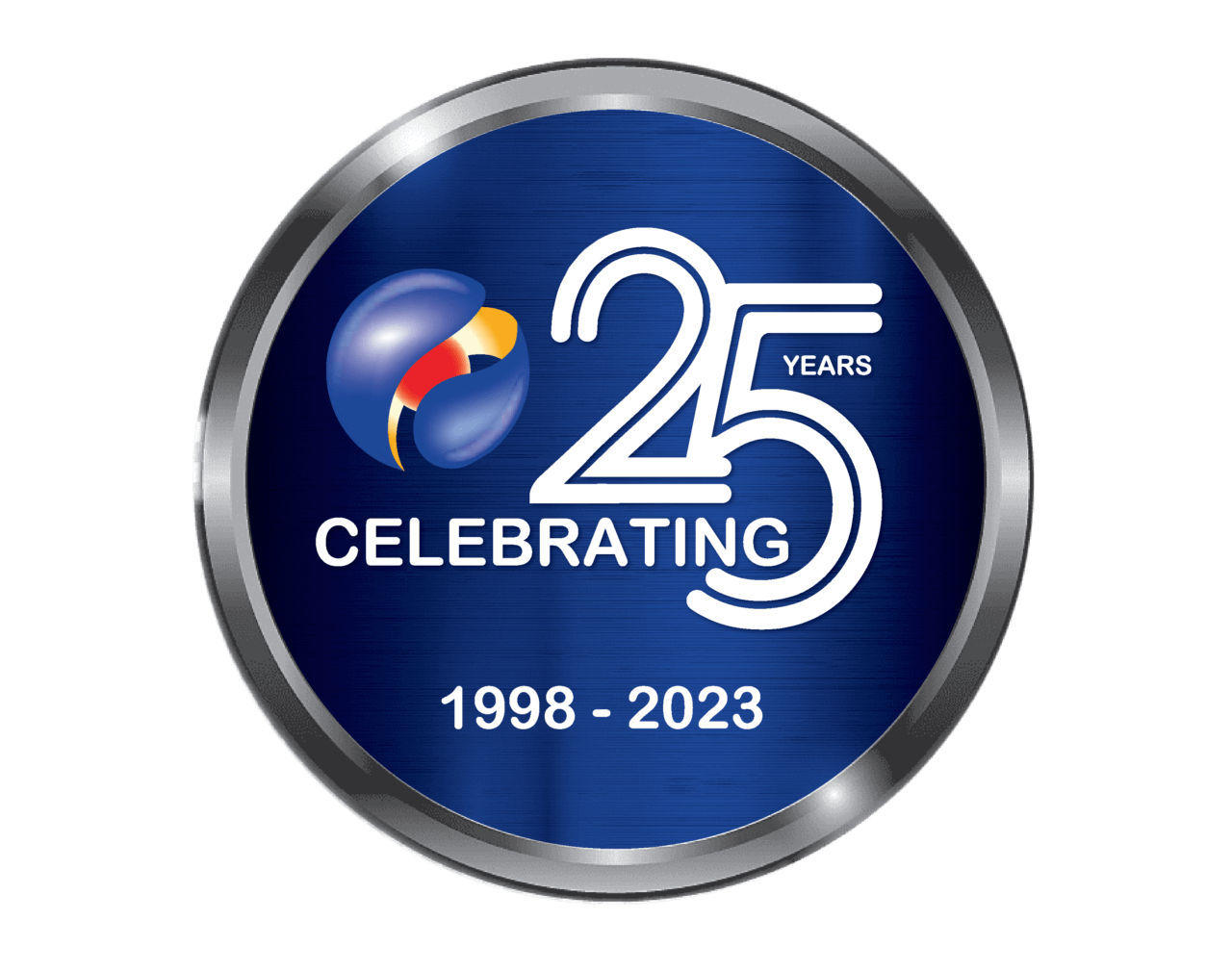In the wake of a storm, pool owners often find themselves grappling with various issues concerning their pool heating systems. This guide aims to equip you with the knowledge and tips to ensure your pool heater's safety and functionality post-storm.
AES Pool Heating Tweet
Table of Contents
Understanding the Impact of a Storm on Your Pool
What damages can a storm cause to your pool?
Storms can cause a range of problems for your pool heating system, including hail damage, electrical shortages, and even malfunction due to debris blockage in the series of pipes integral to the heating system. It is essential to assess the extent of the damage properly to understand whether you can solve the problem yourself or get professional assistance.
How does hail damage affect solar pool heating systems?
Hail damage can result in leakage and other structural issues in solar pool heating systems. It is vital to check these things right away to prevent further complications. Ensure to inspect the roof where the solar matting is installed for any signs of damage.
Safety Measures During and After a Storm
During a storm, it is recommended to turn off the pool heater to prevent any electrical issues. Stay updated with the weather forecast and prepare your pool accordingly to ensure safety and prevent damage.
Assessing the Damage: What to Check After a Storm
Once the storm has passed, it’s time to check and ensure everything is functioning as it should.
Here are the steps you should follow:
- Check for Water Loss in the Pool: After a storm, it is quite common to notice a significant water loss in your pool. Make sure to inspect the water level and refill it to the appropriate level if necessary.
- Listen for Water Trickling Down the Pipes: Take a moment to listen carefully for any sounds of water trickling down the pipes. This could be a sign of a leak, and identifying it early on can save you from bigger troubles down the line.
- Inspect the Controller for Error Codes: Your solar pool heating system’s controller is like its brain, and it is crucial to check it for any error codes. The roof sensor might have been damaged during the storm, and the controller will help you identify any issues.
- Clear Debris and Leaves: Storms often bring with them a lot of debris and leaves. Ensure to clear them from your pool and the baskets to facilitate adequate water flow to the heating and filter system.
- Allow Time for the Heating System to Recover: After refilling your pool with fresh water, give your heating system ample time to recover the heat. Patience is key here, as rushing the process can lead to inefficiencies.
- Seek Professional Help: If you suspect any leaks or damages, do not hesitate to contact our office to arrange for a technician to come to your site for system inspections or leak repairs. It’s always better to rely on experts to ensure the longevity of your system.
The role of a professional technician in repairing pool heating systems
When should you call a professional technician?
If you find that the damages are beyond simple fixes, it is time to call a professional technician. They can accurately diagnose and fix the issues, ensuring the longevity and functionality of your pool heating system.
What can a technician do that you can't?
A technician comes with expertise and tools that can help in accurately diagnosing and fixing the issues, which might be beyond the capacity of a homeowner. They can also provide tips on maintaining the pool heating system properly to prevent future issues.
Can I operate a damaged solar heater?
Operating a damaged solar pool heating can lead to further complications. It is advised to get a professional assessment before deciding to operate a potentially damaged pool heating system to avoid exacerbating the issue.
Conclusion
To wrap up, here are the key takeaways to remember:
- Safety First: Always prioritise safety by turning off your pool heating system during a storm and ensuring electrical safety post-storm.
- Professional Assistance: Don’t hesitate to call a professional technician for repair and maintenance services.
- Regular Checks: Perform regular checks on your solar pool heating system to ensure their longevity.
- Preparedness: Future-proof your pool heating system to protect it from potential damages during future storms.
- Recovery: Allow sufficient time for your pool heating system to recover after a storm before heating your pool again.
Remember, a well-maintained pool heating system ensures many more days of enjoyment in your heated pool. Stay safe and enjoy your time in a heated pool!

